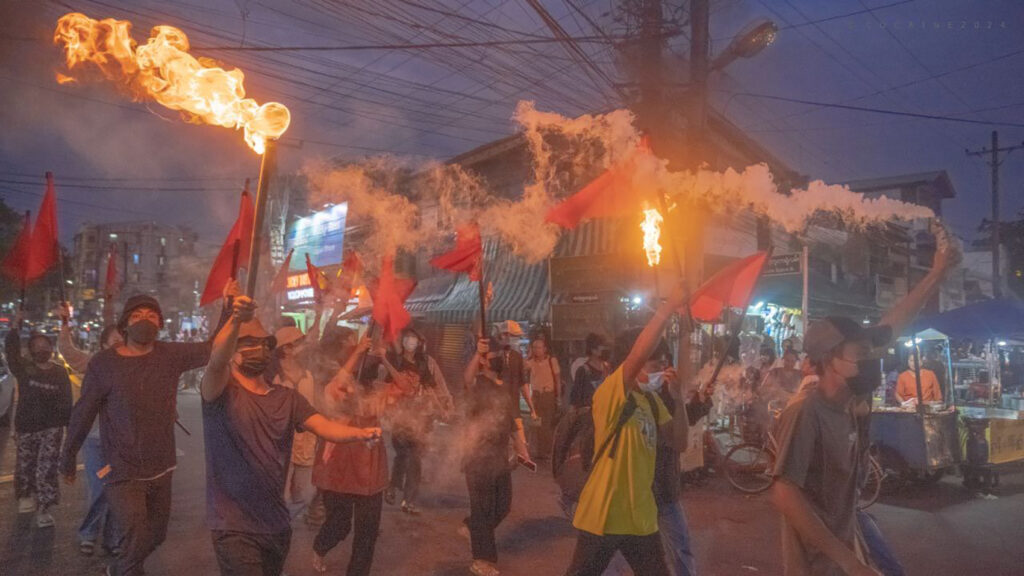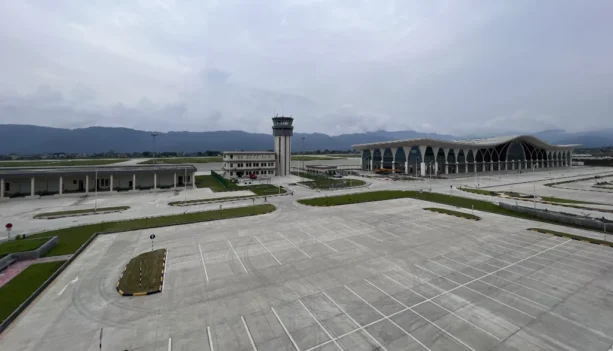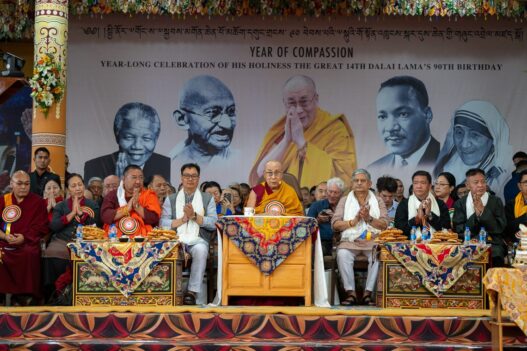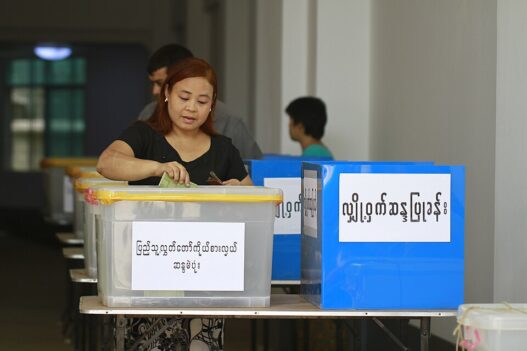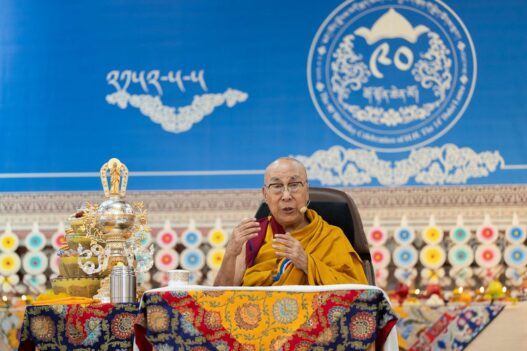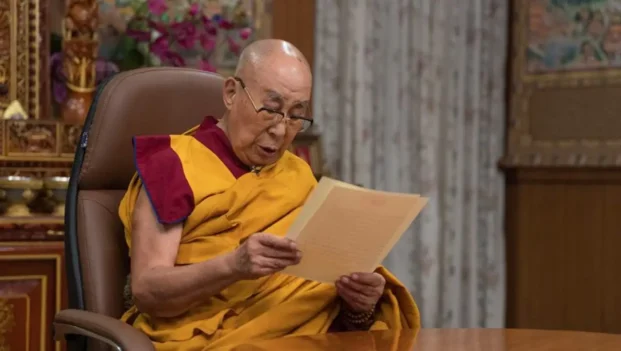India’s eastern neighbour, Myanmar (also known as Burma or Brahmadesh), is currently facing a devastating civil war following a military coup on 1 February 2021. Orchestrated by General Min Aung Hlaing, the coup toppled the democratically elected National League for Democracy (NLD) government led by Aung San Suu Kyi. Since then, the Buddhist-majority nation has been under military rule, with rising unrest throughout the country as the military dictatorship faces intense public protests.
In recent months, these anti-junta protests have escalated into violence, with civilians taking up arms and collaborating with minority armed outfits to resist the regime. Armed forces and their close relatives have become targets in retaliation for the military’s widespread atrocities against civilians. Since the coup, over 5,500 civilians have been killed, around 27,000 have been arrested, and more than 3.3 million have been displaced from their homes. Junta soldiers have created a reign of terror, launching relentless airstrikes in populated areas and setting entire villages and urban neighbourhoods on fire. Despite this, resistance forces have continued to attack military bases, and many towns, particularly those near the Indian border, have come under the control of armed groups. There have even been instances where soldiers abandoned their posts or defected to join the anti-junta forces.
Though the military regime has gradually lost control over vast swathes of the country, it continues to plan for a national election next year. The Union Election Commission, controlled by the junta, has already begun preliminary preparations, including organising a nationwide census. Yet, the electoral process in this ethnically diverse country remains deeply flawed, with the powerful armed forces often dictating political leadership. The military-drafted 2008 Constitution further complicates the situation for pro-democracy activists, as it reserves a significant number of seats in the national Parliament and regional assemblies for military personnel and their allies.
Efforts to amend the Constitution remain elusive as the military continues to control the country. Unless there is a dramatic shift within the military fraternity, it is unlikely that Myanmar will be able to modify its Constitution, making it almost impossible to hold free, fair, and participatory elections at both the national and regional levels. Given the current political landscape and the ill-structured Constitution, the prospect of a stable, progressive government emerging from the upcoming elections seems remote.
Progressive Voice, a coalition of pro-democracy civil society groups, has recently declared that the military junta is on the verge of collapse and has criticised the proposed election as a desperate ploy to create a façade of legitimacy. The group has voiced its frustration at the international community, particularly countries like China, Thailand, Russia, Laos, and India, for supporting the junta’s plan. Progressive Voice argues that endorsing the election is an insult to the sacrifices made by Myanmar’s resistance movement, which seeks to build a new federal democracy.
In the words of Khin Ohmar, founder and chairperson of Progressive Voice, “It is not remotely possible for the junta to hold a vote, given the lack of control it has in large parts of the country.” She emphasised that any sustainable solution to Myanmar’s crisis must be led by its own people, and international actors must fully support their pursuit of genuine, lasting change. Myanmar’s people, she stated, are no longer interested in returning to the pre-2021 democratic transition façade, but are striving for a truly federal democratic regime that is equal, inclusive, and sustainable.
India, meanwhile, must navigate its response to Myanmar’s situation with caution, as it shares a 1,600-kilometre land border and a 700-kilometre maritime boundary with Myanmar in the Bay of Bengal. India has strategic investments in the Kaladan Multi-Modal Transit Transport Project, which connects the land-locked northeast Indian states to the port in Sittwe, the capital of Myanmar’s Arakan State. Additionally, New Delhi is also exploring the India-Myanmar-Thailand highway as a means of enhancing connectivity and boosting trade relations.
Many hope that a pro-people, democratic regime will soon be installed in the land of the Golden Pagodas, bringing stability not only for Myanmar but also for the broader South Asian region. However, as Myanmar’s political future remains uncertain, it is clear that much work remains to be done to bring about meaningful change in the country.
Disclaimer: The above story has been taken from news agencies and is being shared for informational purposes only. The views and opinions expressed in the story do not represent the stand of this publication.

